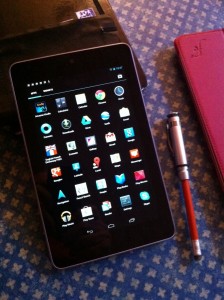From Business Insider.
There are two major trends that will dictate the future of the tech industry.By the end of this decade more people will be using the Internet through a mobile device than through their desktop.The Internet is becoming Chinese. Already, there are more Internet users in China than there are in any other country in the world. That lead will only grow. Research firm IDC says China’s market already accounts for 25 percent of the world’s smartphone sales, more than the US’s 17.5 percent.These trends combine to create an obvious reality: Any company that wants to control the future must have a firm grasp on the smartphone market in China.
